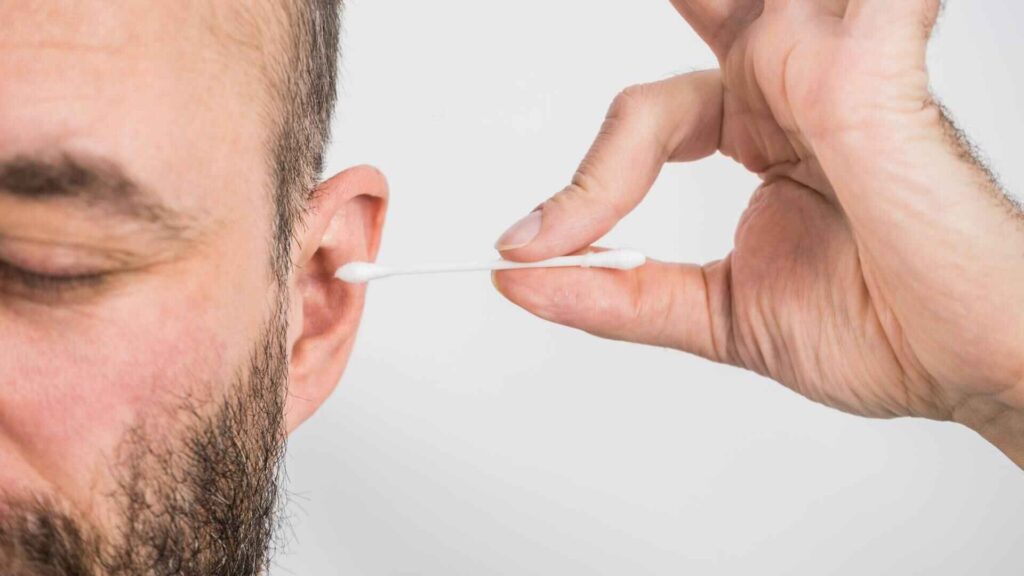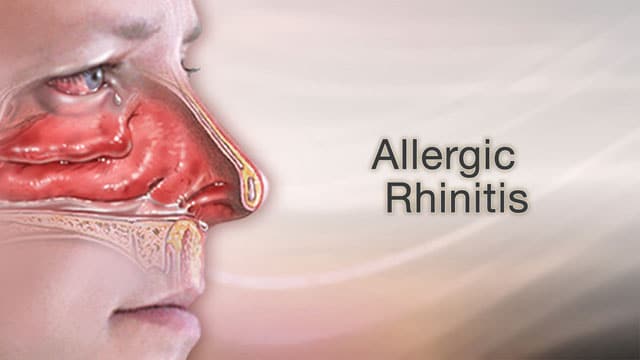Nosebleeds: When Should You Be Concerned?
Nosebleeds, or epistaxis, are a common occurrence for many people, often triggered by a dry environment, minor injuries, or allergies. While most nosebleeds are harmless and stop on their own, there are situations where they can be a sign of something more serious. Understanding when to seek medical attention for a nosebleed is crucial, as it can sometimes indicate underlying health issues that require professional care.
Types of Nosebleeds
Nosebleeds can be classified into two main types:
- Anterior Nosebleeds:
- These occur in the front part of the nose and are the most common type.
- They usually result from irritation or minor injury to the blood vessels in the nasal septum, the wall between the two nostrils.
- Anterior nosebleeds are generally easy to manage and often stop on their own or with minimal intervention.
- Posterior Nosebleeds:
- Less common and more serious, posterior nosebleeds originate from the arteries at the back of the nose.
- The bleeding is typically heavier and harder to control, often requiring medical intervention.
- Posterior nosebleeds are more common in adults, especially those with high blood pressure or a history of bleeding disorders.
Common Causes of Nosebleeds
- Dry Air: Dry climates or heated indoor air can dry out the nasal membranes, making them more susceptible to bleeding.
- Allergies and Infections: Allergic reactions and upper respiratory infections can irritate the nasal passages, leading to nosebleeds.
- Trauma: Injury to the nose, such as from picking or blowing it too hard, can cause a nosebleed.
- Medications: Blood-thinning medications (anticoagulants) and nasal sprays can increase the likelihood of nosebleeds.
- Underlying Health Conditions: Hypertension, blood clotting disorders, and nasal tumors can also cause nosebleeds.
When Should You Be Concerned?
While most nosebleeds are not serious, you should seek medical attention if:
- The Bleeding Lasts More Than 20 Minutes:
- If the bleeding doesn’t stop after 20 minutes of applying pressure, it may indicate a more serious problem, and you should seek immediate medical care.
- The Bleeding Is Excessive:
- If the nosebleed results in a significant loss of blood or causes dizziness or weakness, it is a medical emergency.
- It Occurs Frequently:
- Frequent nosebleeds, especially without any apparent cause, could be a sign of an underlying condition that needs to be investigated.
- You Have Other Symptoms:
- If you experience symptoms such as difficulty breathing, nausea, or vomiting blood, seek emergency care immediately.
- You Have a History of Bleeding Disorders:
- Individuals with bleeding disorders or those taking blood-thinning medications should consult a doctor if they experience nosebleeds, as they may be at higher risk for complications.
- It Occurs After an Injury:
- Nosebleeds following an injury, particularly to the head or face, could indicate a more serious issue, such as a fracture, and require immediate medical attention.
Preventing Nosebleeds
To reduce the risk of nosebleeds, consider the following preventive measures:
- Humidify Your Home: Using a humidifier in your home can help keep the nasal passages moist, particularly in dry climates or during winter months.
- Avoid Picking or Blowing Your Nose Aggressively: Be gentle with your nose to prevent irritation or injury to the delicate blood vessels.
- Stay Hydrated: Drink plenty of water to keep your body and nasal passages hydrated.
- Use Nasal Saline Sprays: Saline sprays can help keep your nasal passages moist and reduce the likelihood of nosebleeds.
- Manage Allergies and Infections: Treating allergies and respiratory infections promptly can help prevent the nasal irritation that can lead to nosebleeds.
Consulting a Specialist
If you or a loved one experiences recurrent or severe nosebleeds, it’s essential to consult a healthcare professional. An ENT specialist can assess the cause of the nosebleeds and provide appropriate treatment. In some cases, procedures such as cauterization (sealing the blood vessels) or nasal packing may be necessary to control the bleeding.
Contact Dr. Shalina Ray
For those in Bangalore, Dr. Shalina Ray is the best ENT specialist to consult for nosebleeds and other ENT-related concerns. With her expertise and compassionate care, Dr. Ray ensures that her patients receive the best possible treatment tailored to their specific needs.
Reach out to Dr. Shalina Ray today to schedule an appointment and get the expert care you need for managing nosebleeds and maintaining overall nasal health.

















